0 Comments
In a world that often romanticizes the idea of eternal love and "happily ever after," the notion of ending a relationship can be met with skepticism and sadness. However, it's essential to recognize that there are circumstances when ending a relationship can actually be a positive and transformative step. In fact, staying in a relationship beyond the point of healthy uncoupling can be detrimental to the mental and emotional health of the partners (and children) in the marriage. The Christianization of our society has sold us a story that shames the naturally occurring ending of some relationships - this is not a story that you have to accept. It's okay for you to feel positive as you move forward to end your marriage or long-term relationship. While, of course, the decision is never taken lightly, here are some reasons why ending a relationship can be a good thing:
The decision to end a marriage or long-term relationship is never easy. It's a step that comes with a multitude of emotions, questions, and uncertainties. Yet, there are times when divorce or ending the relationship can be a good thing – a choice that leads to growth, healing, and the chance for both partners to embark on new journeys. Ending a relationship with love and compassion is a path that, while challenging, can pave the way for a healthier and brighter future. Recognizing the Signs of a Healthy Ending In certain situations, divorce can indeed be a positive step. When a relationship becomes toxic, marked by constant conflicts, emotional or physical abuse, or a lack of support and connection, it can erode the well-being of both partners. In these instances, choosing to end the relationship can be an act of self-care and self-preservation. Additionally, when partners have grown apart and their values, goals, or life paths have diverged significantly, it may be beneficial to part ways amicably. Rather than clinging to a relationship that no longer serves both individuals' best interests, ending it can open doors to new opportunities for personal growth, happiness, and fulfillment. Approaching the End with Love and Compassion The end of a relationship need not be marked by bitterness and resentment. Choosing to end a relationship with love and compassion can lead to a more graceful and healing separation process.
Embracing New Beginnings While the decision to divorce or end a relationship can be difficult, it also opens the door to new beginnings. It offers the opportunity for personal growth, self-discovery, and the pursuit of individual goals and aspirations. Embracing this new chapter can lead to a more fulfilled life, even in the midst of challenges. As much as we might wish otherwise, we are not omnipotent beings capable of fulfilling every need and desire our partner has. Human beings are inherently diverse, and our needs are multifaceted. These needs can range from emotional support and intimacy to practical assistance and validation. While our intentions might be pure, our limitations are a reality we must confront. It's important to remember that being unable to meet all our partner's needs does not diminish our worth or commitment to the relationship. Recognizing our limitations is a sign of self-awareness. Just as our partner is not responsible for fulfilling all our needs, it is unhealthy for us to carry the responsibility of our partner's needs (more on this here). Communication Is Key When we realize that we're unable to meet certain needs of our partners, honest and open communication becomes more crucial than ever. Suppressing these feelings of inadequacy or guilt can create a barrier in the relationship. Instead, engage in a heartfelt conversation with your partner. Express your willingness to understand and support them while acknowledging the areas where you might fall short. This dialogue is not about blaming oneself or one's partner, but rather about finding solutions together. Perhaps you can work together to identify alternative sources of support or find compromises that address both partners' needs. Remember, you are only limited by your own creativity! Transparency and vulnerability in these discussions can pave the way for a more resilient and compassionate connection. Seeking External Support When there are specific needs that you cannot fulfill due to inherent limitations or circumstances, it's wise to explore external avenues of support. This could involve seeking advice from friends, family, or professionals who specialize in the relevant areas. For instance, if your partner is dealing with a mental health challenge, a trained therapist could offer the expertise and guidance necessary to navigate that journey. If your seeking to increase your creativity regarding the meeting of needs in your relationship, coaching is a great tool and I encourage you to seek out a free first time (joint or individual) session. Cultivating Empathy and Understanding In times when you cannot meet your partner's needs, empathy and understanding become invaluable tools. First, use these tools on yourself, and take care to not put yourself down or enter into a shame cycle because of your inability to meet your partner's needs. You can also put yourself in their shoes and imagine how it might feel to have an unfulfilled need. Empathy and compassion (for self and other) are the 'grease' in a relationship - they keep it running smoothly, so use them as frequently as possible! Encourage your partner to share their feelings and thoughts openly. Validate their emotions and reassure them that their needs are valid, even if you cannot meet them entirely. Sometimes, just being a supportive presence and actively listening can make a significant positive impact. The Strength of a Resilient Relationship An inability to meet all of our partner's needs doesn't equate to failure or inadequacy. Instead, it's an opportunity for growth and strength within the relationship. Challenges are a natural part of any partnership, and how we navigate them defines the depth of our connection. By communicating openly, seeking external support, and cultivating empathy, partners can find new ways to support each other through various situations. It is also important to note that sometimes ending a relationship can be a good thing, and the most appropriate thing in a given situation. If a relationship ends, you can close that chapter with love and grace. When you and your partner are committed to a healthy "meeting of the needs", without blame or judgement, incredible things can happen. So, let go of how you think it should be, get curious, and explore how things can be when you let your partner "off the hook" for meeting your needs. Throughout history, humanity has sought to understand and connect with the divine, often attributing the concept of "God" to a higher power beyond ourselves. Yet, many spiritual seekers overlook a fundamental truth: the path to experiencing the true essence of God begins with loving oneself. It is through self-love and authentic connections with others that we can uncover the divine presence within ourselves and all living beings. In this profound journey of love and discovery, we come to realize that "God" is not merely an external force, but a radiant energy that emerges from within, illuminating the world around us. 🌟The Seed of Love: To experience the true essence of God, we must start with the foundation of self-love. Embracing and cherishing ourselves with all our imperfections and unique qualities is the key to unlocking the divine within. Self-love is not selfish or narcissistic; rather, it is an acknowledgment of our inherent worthiness and a celebration of our journey of growth and self-discovery. 🌟 Love Begets Love: As we cultivate self-love, we naturally become more capable of offering love to others without judgment or conditions. This love transcends the boundaries of superficial attachments and extends to all living beings. In embracing others with compassion and understanding, we create authentic connections that mirror the essence of divine love. 🌟Authenticity: When we allow others to be their most authentic selves—free from judgment or expectations—we create a safe space for their souls to shine brightly. Authenticity is a powerful catalyst for spiritual growth and self-realization. As individuals embody their true nature, they become radiant expressions of the divine, allowing the essence of God to manifest through them. 🌟The Unity of Divine Love: In this journey of self-love and authentic connections, we come to recognize the unity of divine love that binds us all. The divine essence, which we may call God, is not confined to a specific location or entity but permeates through all living beings and the entire cosmos. As we embrace this interconnectedness, we realize that "God" is not separate from us but an inherent part of our very being. 🌟 Transcending Boundaries: Experiencing the true essence of God transcends religious or spiritual beliefs. It is a unifying force that goes beyond dogma and ritual, embracing the core essence of love and compassion that underlies all spiritual paths. When we set aside divisive beliefs and embrace the universality of love, we create bridges of understanding and unity. 🌟Divine Presence in Every Moment: As we continue on this journey of self-love and authentic connections, we come to realize that "God" is not confined to sacred spaces or specific rituals. The divine presence permeates every moment of our lives, waiting to be discovered in the ordinary as well as the extraordinary. Experiencing the true essence of God is not a distant or elusive endeavor but a profound journey of love, self-discovery, and authentic connections. It begins with the seed of self-love, which blossoms into a radiant love that embraces others with compassion and acceptance. Through authenticity, we uncover the divine presence within ourselves and others, recognizing the unity of divine love that transcends boundaries and beliefs. In this journey, we come to understand that "God" is not a separate entity but a radiant energy that emerges from within and pervades all living beings and the entire universe. As we embrace this interconnectedness and love beyond conditions, we experience the divine presence in every moment and find solace in the eternal truth that we are all expressions of the same divine essence. Relationships thrive on understanding, compromise, and empathy. When individuals become entrenched in the belief that their opinions are absolute truths, while dismissing the perspectives of others as unequivocally wrong, it can inflict significant damage on those relationships. Being stuck in the notion of 'being right' erodes the foundations of healthy connection, and has a detrimental effect on communication. Effective communication is the foundation of healthy relationships, whether personal or professional. When individuals hold a rigid belief in their own moral superiority or correctness, it creates an environment of closed-mindedness and undermines meaningful dialogue. Self-righteousness is defined as, "having or characterized by a certainty that one is totally correct." I would describe it as, "lacking understanding regarding the difference between data and story, and believing that "your story" is "fact", or "the truth." Self-righteousness breeds a closed-minded attitude that leaves little room for empathy, curiosity, or understanding. When individuals firmly believe they possess the ultimate truth or moral high ground, they tend to dismiss alternative perspectives. Consequently, conversations become one-sided and lack the necessary exchange of ideas, thus preventing growth, learning and connection. In professional relationships, a lack of openness inhibits the development of creative solutions and stifles collaboration, leading to interpersonal conflicts and stagnation. In personal relationships, self-righteousness blocks connection, and prevents accurately seeing the other persona and knowing who they really are in their most beautiful, authentic expression. When one person adamantly insists on being right and disregards the other person's viewpoint, it creates an environment of hostility and defensiveness. The conversation becomes a battleground, with both parties striving to assert their correctness rather than engaging in a meaningful exchange of ideas. As a result, dialogue becomes superficial, leading to misunderstandings, resentment, and strained relationships.
Self-righteousness often manifests as judgment and condescension towards others. Those trapped in their own righteousness tend to view opposing viewpoints as inferior or flawed. This judgmental attitude alienates others and creates a hostile atmosphere, discouraging open communication. People become defensive when they sense condescension, and as a result, constructive dialogue becomes nearly impossible. The focus shifts from understanding and cooperation to proving one's superiority, further widening the communication gap.
Empathy is an essential component of effective communication. However, self-righteousness hampers the ability to empathize with others' experiences and perspectives. When individuals consider themselves morally superior, they may dismiss or belittle the emotions and experiences of those who disagree with them. This lack of empathy can lead to misunderstandings, hurt feelings, and broken relationships. Successful communication requires genuine efforts to understand and acknowledge the feelings and viewpoints of others, even if they differ from our own. Additionally, self-righteousness often causes individuals to resist or disregard feedback and constructive criticism. When people believe they are always right, they are less likely to engage in introspection and self-improvement. Consequently, communication becomes stagnant, as growth and development are hindered by the unwillingness to consider alternative perspectives. True progress is only possible when we are open to feedback and willing to challenge our own beliefs and biases. Overcoming Self-Righteousness:
The rigid belief that one is right and the other is wrong can seriously damage relationships. We can foster stronger, healthier connections by understanding the consequences of this mindset and implementing strategies to cultivate open-mindedness, active listening, empathy, and constructive dialogue. Remember, relationships thrive on mutual respect, understanding, and a willingness to acknowledge and embrace different perspectives.
In any romantic relationship, it is essential for both individuals to maintain a healthy level of independence and personal space. However, when one partner becomes excessively clingy or dependent, it can be a major red flag that warrants attention and consideration. While it is important to recognize that occasional neediness is natural, an overly clingy partner can pose challenges to the overall health and longevity of the relationship.
Defining Clinginess: Clinginess in a relationship refers to a pattern of behavior where one partner becomes excessively needy, requiring constant attention, reassurance, and validation. This behavior often stems from a place of insecurity, fear of abandonment, or a desire to control the other person. Clingy partners often have difficulty being alone or managing their emotions without the constant presence of their significant other. The Red Flags:
Addressing Clinginess: If you find yourself in a relationship with a clingy partner, it is crucial to address the issue proactively and compassionately. Here are a few steps to consider:
While occasional neediness is natural in relationships, excessive clinginess can be a red flag that should not be ignored. It is essential to foster a healthy balance of independence and togetherness in any romantic relationship. Embracing your neurodivergent self can be a challenging journey. Navigating the expectations of your partner and family while staying true to who you are requires both self-compassion and effective communication. Here's how to stop beating yourself up and foster acceptance from those around you:
Understanding Neurodivergence Neurodivergence encompasses a range of neurological differences, including conditions such as autism, ADHD, dyslexia, and more. These differences contribute to unique perspectives, strengths, and challenges that set you apart from neurotypical individuals. Embracing your neurodivergent self means recognizing that your brain is wired differently, and this is not a flaw but a fundamental part of who you are. The pressure to conform to societal norms and family expectations can be overwhelming, especially when your neurodivergence doesn't align with these preconceived notions. It's important to acknowledge that trying to be someone you're not only leads to emotional distress and can hinder your personal growth and well-being. Here's some tips to navigating your neurodivergence in relationships: 1. Self-Compassion: Be kind to yourself. Understand that your neurodivergence is not a choice, but an inherent aspect of your identity. Instead of viewing your differences as limitations, focus on your unique strengths and perspectives. Celebrate your accomplishments and the progress you've made on your personal journey. 2. Know Yourself: Take the time to get to know yourself, and what makes your brain different. Many neurodivergent individuals have participated in so much masking throughout their lives that they are unable to identify who they really, authentically are. You can investigate this on your own, or get support from a coach. 3. Educate and Communicate: Sometimes, lack of understanding can lead to misconceptions about neurodivergence. Take the initiative to educate your partner and family about your specific condition. Share resources, books, or articles that can help them gain insight into your experiences. Open, honest, and patient communication can pave the way for greater understanding and acceptance. 4. Set Boundaries: Neurodivergence might mean that you have different needs and sensitivities. It's crucial to set clear boundaries with your partner and family to ensure that your well-being is prioritized. Establishing these boundaries helps them understand your limits and demonstrates your commitment to self-care. 5. Emphasize Shared Experiences: Find common ground. While your neurodivergence might set you apart in certain ways, there are likely areas of shared experiences and interests. Emphasize these connections to help your partner and family understand that your differences don't define your entire relationship. 6. Seek Professional Support: If the struggle to gain acceptance becomes overwhelming, consider seeking guidance from a therapist or counselor. Professional support can provide you with coping strategies, communication skills, and tools to navigate difficult conversations and emotions. Fostering Acceptance in Others: Embracing your neurodivergent self and seeking acceptance from your partner and family is a multifaceted journey that requires patience, understanding, and communication. Remember, you deserve to be radically accepted and celebrated for exactly who you are (in all your weird and wonderful ways), so don't settle for anything less then that in your relationships. While it may take time, the effort you invest in fostering understanding and acceptance will ultimately lead to stronger, more connected relationships and a deeper sense of self-worth. Here's some tips to take on your journey: 1. Lead by Example: Be the embodiment of self-acceptance. Demonstrating confidence in who you are sends a powerful message to those around you. When you authentically embrace your neurodivergent self, others are more likely to follow suit. 2. Educate Them: Provide your partner and family with resources that help them understand neurodivergence better. Encourage them to learn about the various ways neurodivergence can manifest and the positive aspects that come with it. 3. Share Your Feelings: Share your feelings openly, expressing how their acceptance would positively impact your well-being. Help them understand that their support isn't just important—it's transformative for your relationship and personal growth. 4. Celebrate Achievements: Acknowledge and celebrate the progress you make on your journey. When your partner and family witness your growth and accomplishments, they might gain a deeper appreciation for the strength it takes to be true to yourself. Building a strong and healthy relationship requires trust, understanding, and mutual respect between partners. However, some individuals may engage in a pattern of behavior known as continual testing, which involves constantly pushing their partner's boundaries, loyalty, and commitment. This article aims to shed light on why continuous testing is unacceptable and how it can be detrimental to the overall well-being of a relationship.
Defining Continuous Testing: Continuous testing in a relationship refers to a repetitive cycle of challenging and questioning a partner's fidelity, loyalty, or commitment. This behavior often stems from deep-seated insecurities, fear of betrayal, or a need for control. It involves setting up scenarios or deliberately creating situations to observe and evaluate the partner's reactions or responses. The Damaging Effects of Continuous Testing:
Addressing Continuous Testing: If you find yourself in a relationship where continuous testing is present, it is crucial to address the issue and establish healthy boundaries. Here are some steps to consider:
Continuous testing is a harmful behavior that undermines trust, erodes emotional well-being, and damages the foundation of a healthy relationship. It is important to recognize this behavior as unacceptable and take proactive steps to address it. |
AuthorMindy Amita AislingAuthenticity EmpowermentLife Coaching for Big-Hearted Overthinkers & Entreprenerds🐲Own Your Weird
🌎 Change Your World ⬇️ DIY Courses 👩🏻💻1:1 RemoteCoaching Fully Accredited ICF Certified Mindy Amita Aisling, is a professionally trained and board-certified leadership, authenticity, and entrepreneur coach.
Mindy exceeds all requirements set forth by the International Coaching Federation (ICF) for Master Coach certification. Mindy is also a licensed mediator, communications coach, and conflict resolution practicer. As a mediator, she has worked both in private practice and as a court appointment mediator at her local county courthouse. Through her innovative approach, she assists clients in examining their limiting beliefs, questioning their assumptions about how the world works, and releasing the notion that they are anything less than perfect. As a result, individuals who work with Mindy cultivate the ability to stand firm in their beliefs, live authentically and decisively, and discover an experience of life that is easy and graceful. In 2021, Mindy founded How to Be Human and Entreprenerd. These programs have enabled her to share her wisdom and knowledge with a broader audience in service of her vision of helping others live authentic lives This, in turn, has empowered more individuals to lead their most TRUE and COURAGEOUS lives. When she is not working, Mindy can be found playing outdoors in the beautiful Pacific Northwest, creating art, spending time with friends & family, or with her nose deep in a book. You can sign up for her newsletter here. Archives
June 2024
Categories
All
ICF Certified Life CoachAffordable Online Life Coaching |


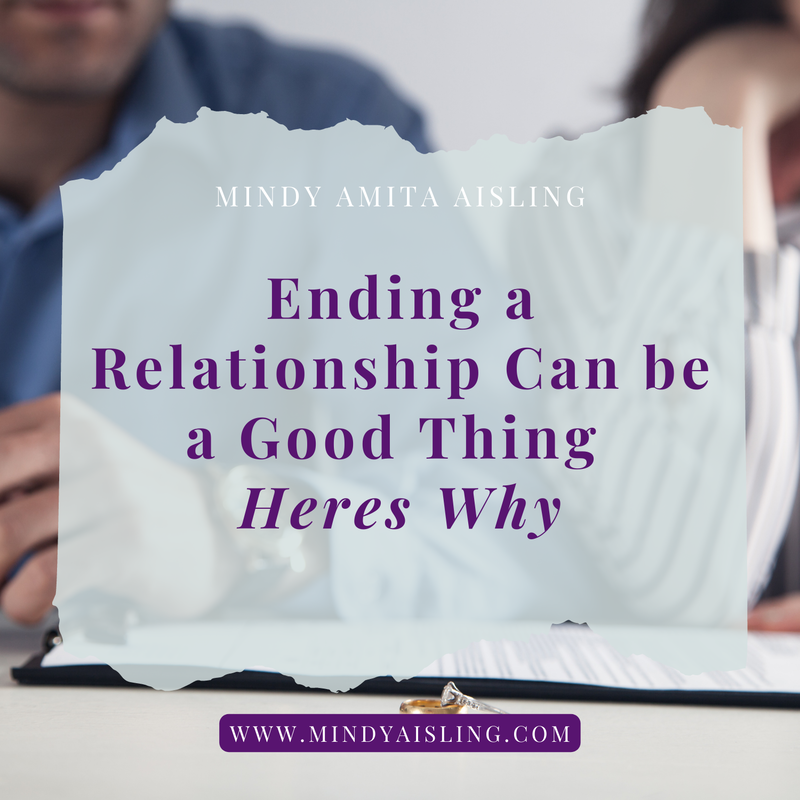
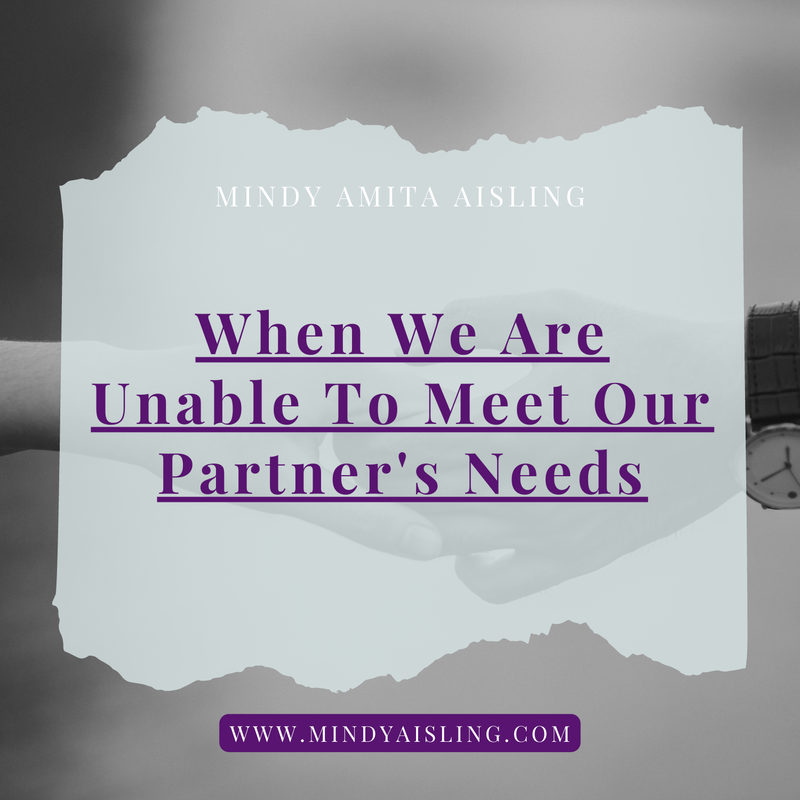

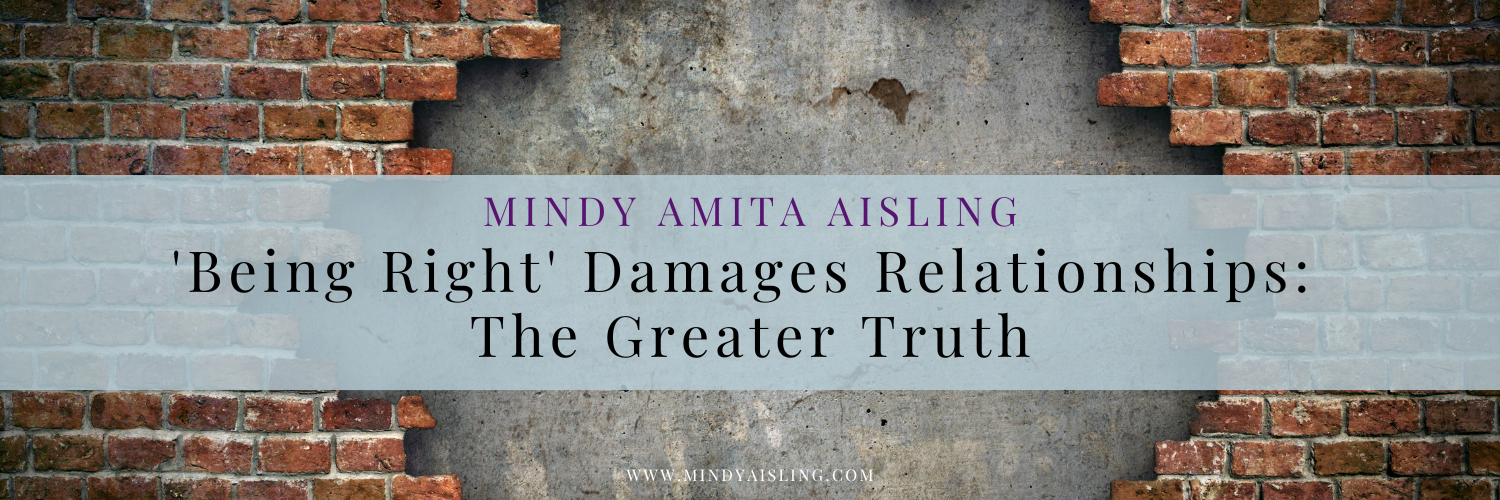
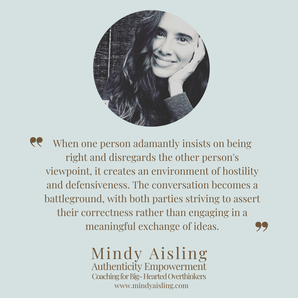

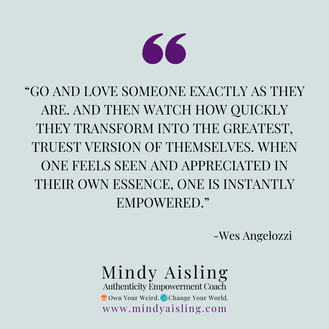
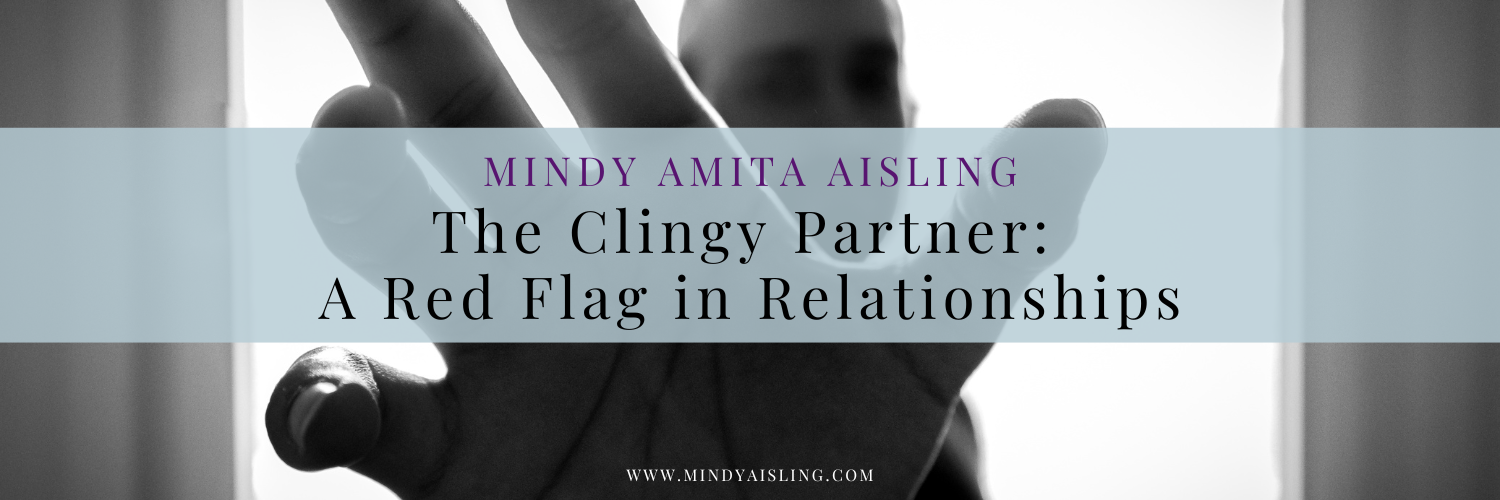

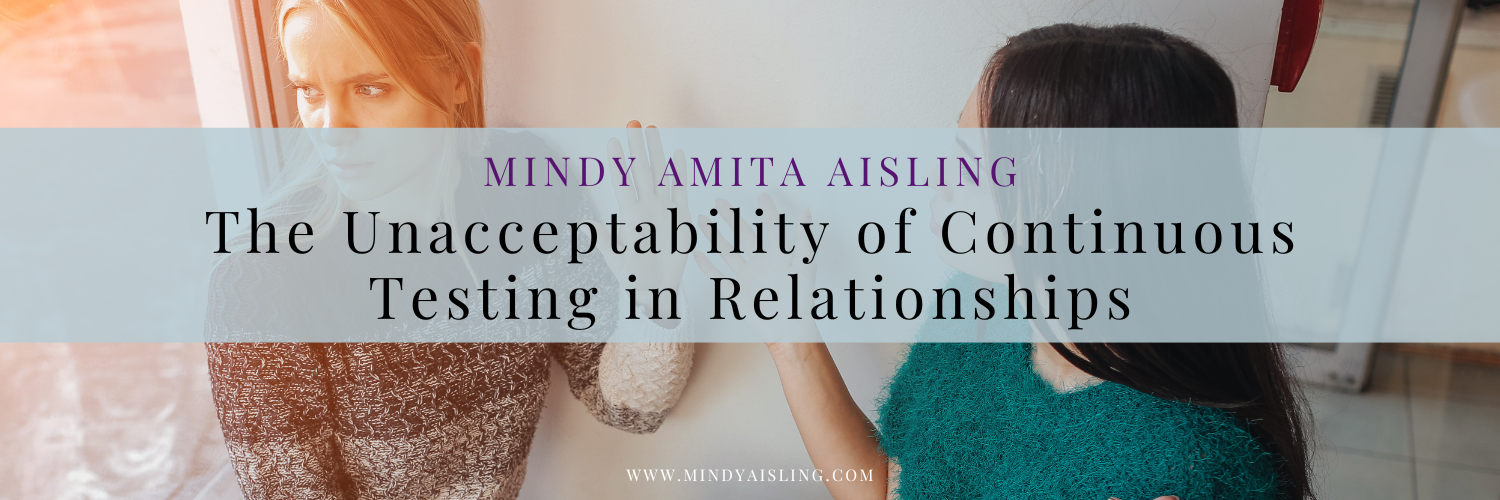
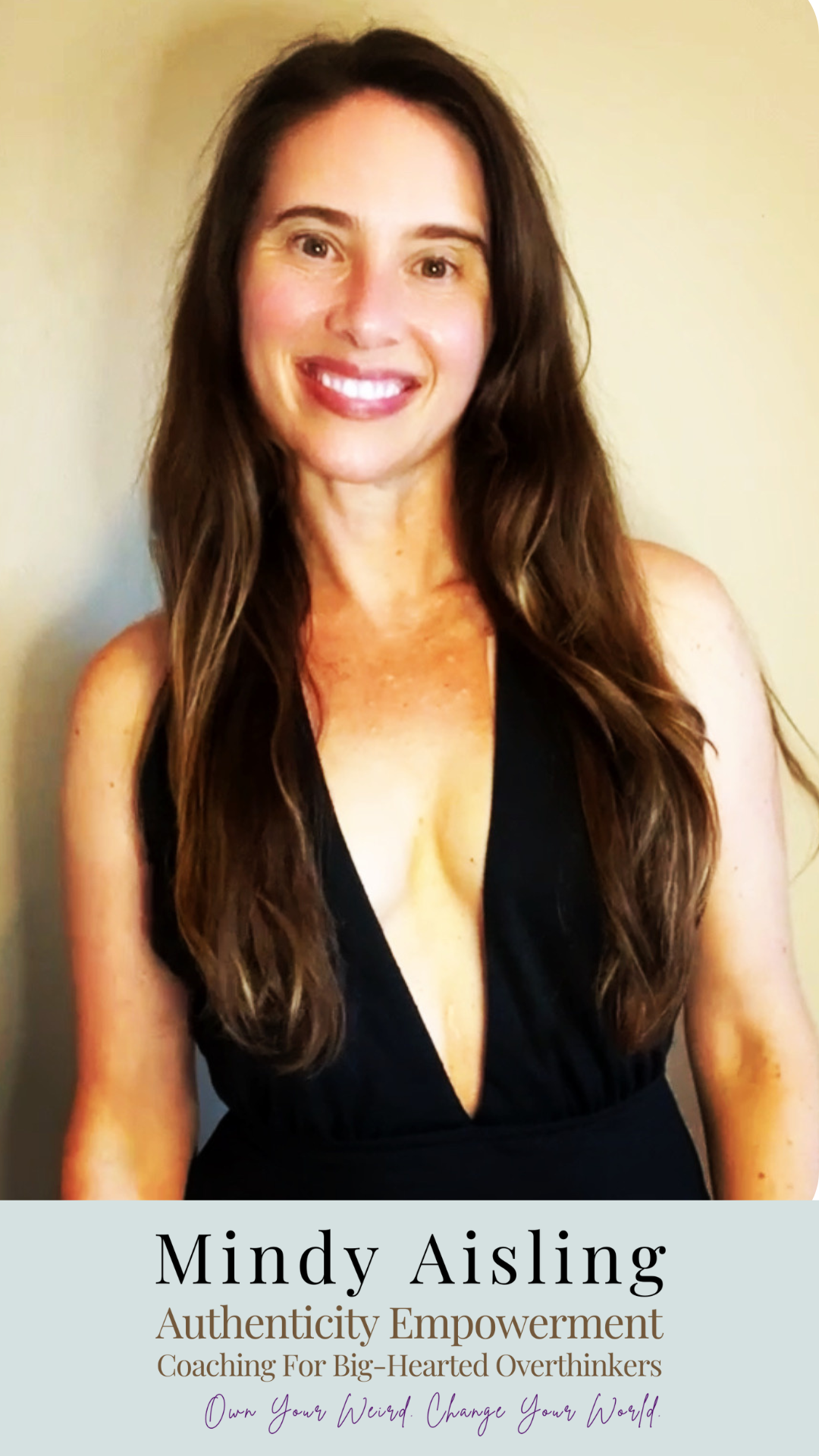
 RSS Feed
RSS Feed
